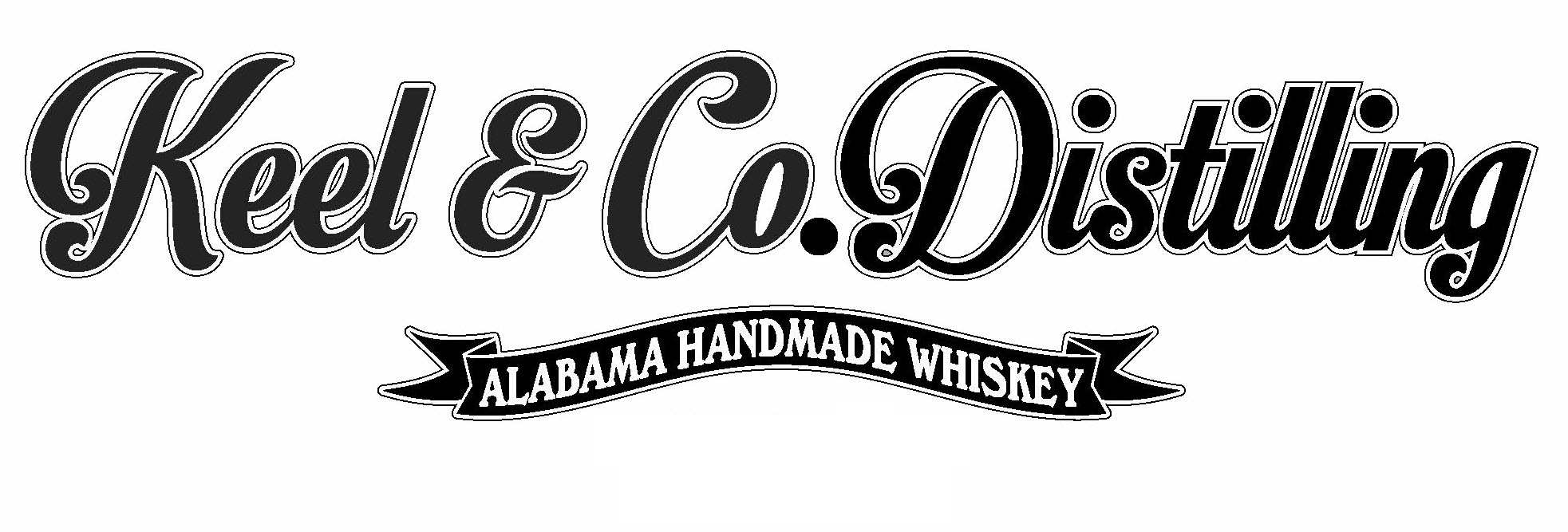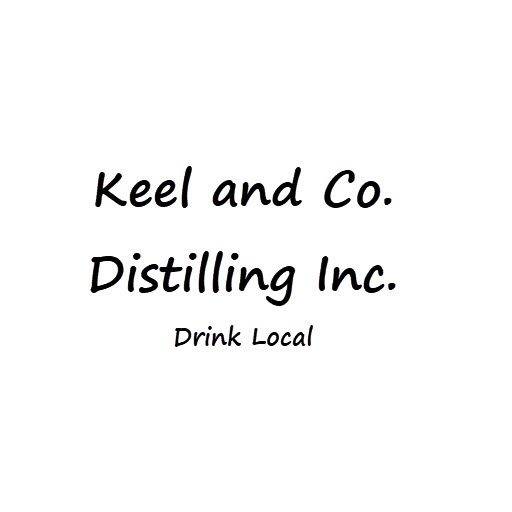
History
Whiskey has been made in Southeast Alabama for generations. Growing up in the South Alabama and running around in the woods in Houston, Henry, and Dale counties I sometimes ran across some depressions in the ground and as a curious youngster had to dig them up to see what was buried there. Some times I found caches of moonshine bottles — most had the corks rotted off or lids rusted out but some were intact and still full of a clear liquid that could be used to start fires. Around the spring head located on a piece of property that my father purchased in the late 60 I found remnants of a old still. Some of the older men in the area told me that a moonshiner had lived near the property and that they used to purchase the best shine from him.
This started my curiosity about the process of making whiskey. I read lots of books and did a lot of adaptive learning, (there was no Internet or Google back then), on the history of distilling, the chemistry behind the process, and the art of distilling. I read lots of “how to” books on distilling and on running a commercial distillery, books about barrels and the effects of wood in ageing on spirits, books about stills, books on almost everything I could find on spirit production. Over the next 40 years I tried my hand at making a product that was drinkable. After lots of experiments into trying to make a drinkable product I developed a process and formulation that I liked enough to want to present to others. I filed for and received a Federal Distillers Permit in December 2014.
In the days before prohibition there were thousands of small local distillers operating around the country. Most sourced their grain from the local market and produced a “local” whiskey. There were thousands of local flavors of whiskey – each slightly different from the others and consumers had a wide selection of product. Prohibition shuttered the distilling market from 1920 to 1933. Once the 21st amendment repealed prohibition the market became dominated by a few large distillers. This was partly because of restrictive state regulations brought on by prohibition and never repealed or amended and because of the high cost of entry into the market. The economy was still in the great depression and most that were in the distilling business before prohibition did not have the funds necessary to start again. With the consolidation of the industry into mega distillers the local flavors of whiskey were lost to the economies of scale brought on by mass production from the huge distillers. Consumers had to choose from the choices the mass producers offered.
In recent years the states have repealed or relaxed many of the prohibition era regulations and micro distilleries are opening again. Today there are 9 distillers in Alabama. Hopefully, the small distiller will again flourish and offer consumers spirits with locally sourced grains. At Keel & Co. Distilling we hope to be one of the first of many in this revitalizing industry.
Tasting Events at the Distillery
Come by the distillery and taste our product. The distillery is open Wednesday – Saturday. Wed-Thursday 12:00- 8:00, Friday and Saturday 12:00 – 10:00 You must be 21 to taste however.
Tours at the distillery
Come by and tour the facility and see how we make our products. The distillery is a micro distillery so you can get the tour in about 10 minutes.
Special Events
We are planning on several events at the distillery — around the end of October we will be having a “spirited” event.
